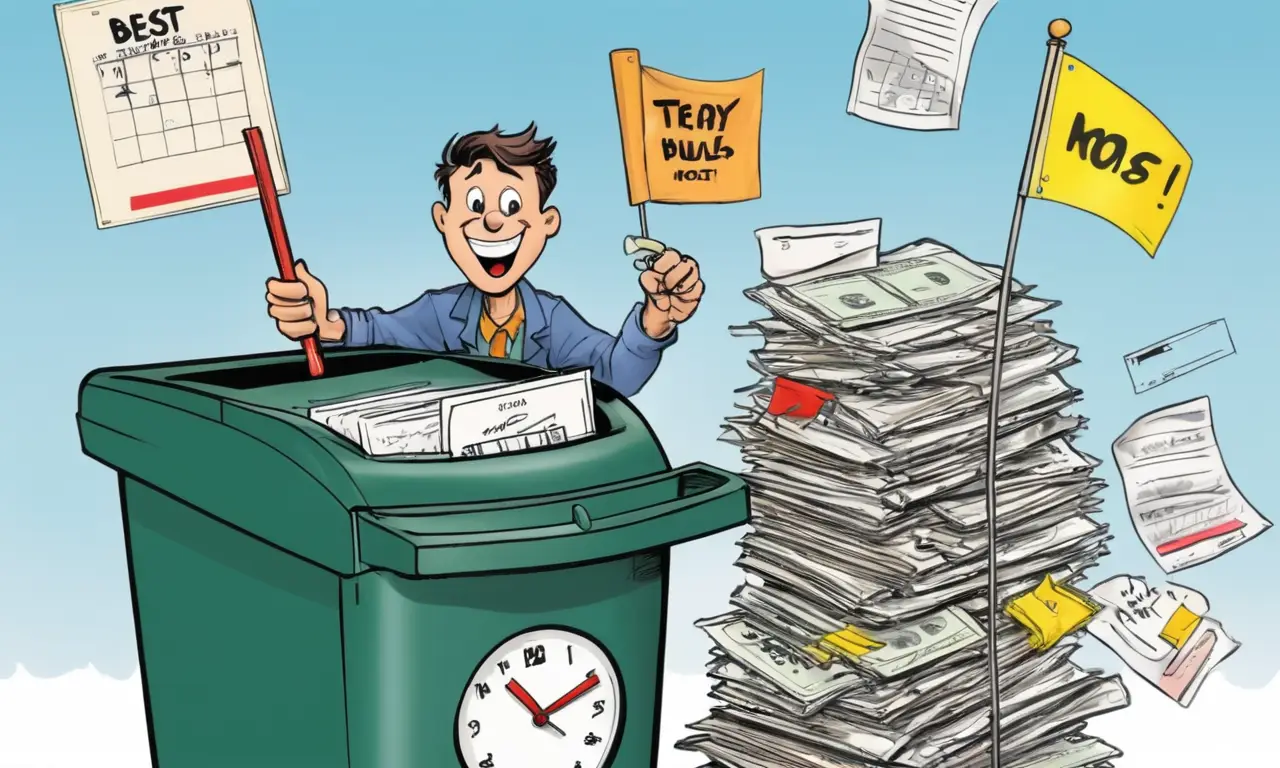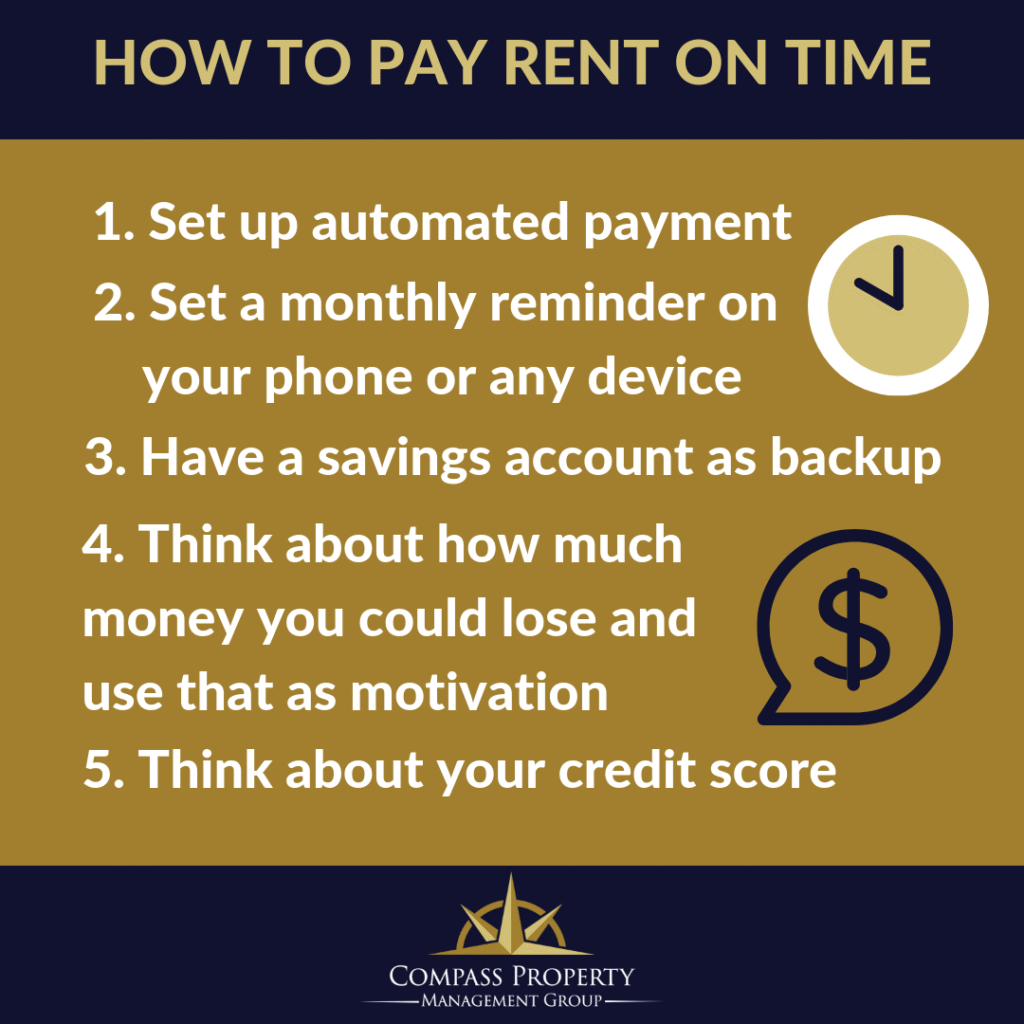Navigating the world of renting can sometimes feel like deciphering a secret code. One of the most common questions new renters have is about rent payment: when exactly do you pay rent by the month, and how? Understanding these nuances is crucial for maintaining a good relationship with your landlord and avoiding unnecessary stress. This article will break down the essentials of rent payment, covering frequency, due dates, and the importance of timely payments.
This guide will walk you through the typical expectations surrounding rent payment, including common due dates and the consequences of late payments. We’ll also explore strategies for staying on top of your rent obligations and avoiding those dreaded late fees.
Rent Payment Frequency
The most common scenario is paying rent every month. This means a recurring payment is made at a set interval to cover your housing expenses for that specific month. While monthly payments are standard, some leases might specify different frequencies, such as bi-weekly or quarterly. Always carefully review your lease agreement to confirm the exact payment schedule outlined by your landlord.
It’s important to note that even if your lease states a monthly payment frequency, it doesn’t necessarily mean you can pay anytime during the month. Your landlord will likely have a specific due date for rent payments, which we’ll delve into next.
Due Dates for Rent Payments

Landlords typically set a specific due date for rent payments each month. This date is usually clearly stated in your lease agreement and serves as a deadline for making your payment on time. Common due dates include the first day of the month or the last day of the previous month. Some landlords may even allow for a grace period, extending the due date by a few days.
Understanding your specific due date is crucial to avoid late fees. If you’re unsure about the exact due date, don’t hesitate to reach out to your landlord and clarify it in writing. This will help ensure that you’re always making payments on time and maintaining good standing with your landlord.
Importance of Timely Rent Payment
Paying rent on time is essential for several reasons. Firstly, it demonstrates responsibility and respect for your landlord and their property.
Secondly, consistent on-time payments can help build a positive rental history, which can be beneficial when applying for future rentals or securing loans. Conversely, late payments can negatively impact your credit score and make it more difficult to secure housing in the future.
Finally, timely rent payment ensures that you avoid late fees and penalties, which can add up significantly over time.
Avoiding Late Fees

Late fees are a common consequence of missed or delayed rent payments. These fees vary depending on local laws and your landlord’s policies, but they can range from a small percentage of the rent amount to a fixed fee per day. To avoid late fees, it’s crucial to establish a system for tracking your due dates and making timely payments.
Consider setting reminders on your phone or calendar, or even automating your payments through online bill pay services. If you anticipate having difficulty making a payment on time, communicate with your landlord as soon as possible. They may be willing to work with you to create a payment plan or offer temporary relief.
Conclusion
Understanding the intricacies of rent payment is crucial for any renter. By paying rent every month on time and adhering to the terms outlined in your lease agreement, you can foster a positive landlord-tenant relationship and avoid unnecessary financial burdens. Remember to always communicate with your landlord if you encounter any difficulties with making payments, as open communication is key to resolving issues promptly and effectively.


